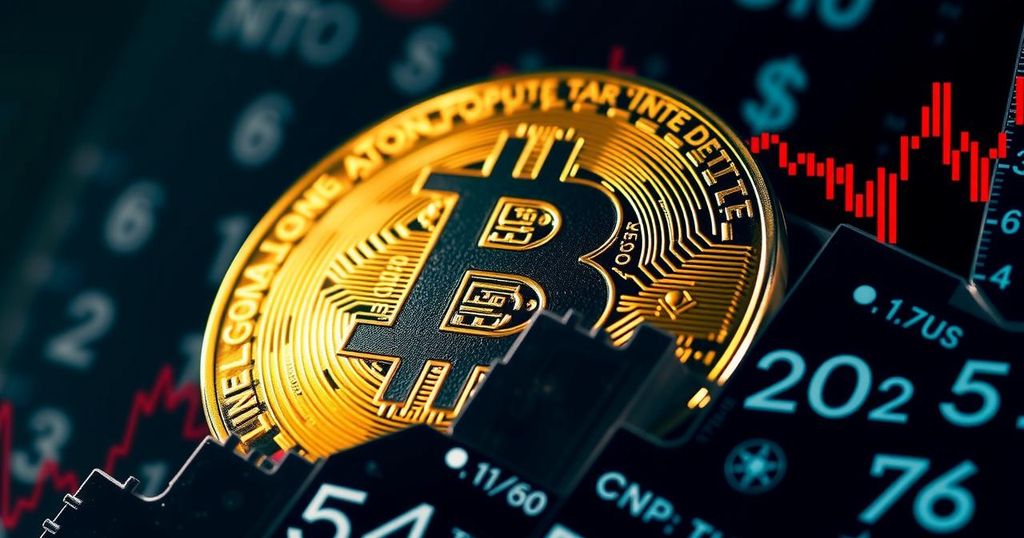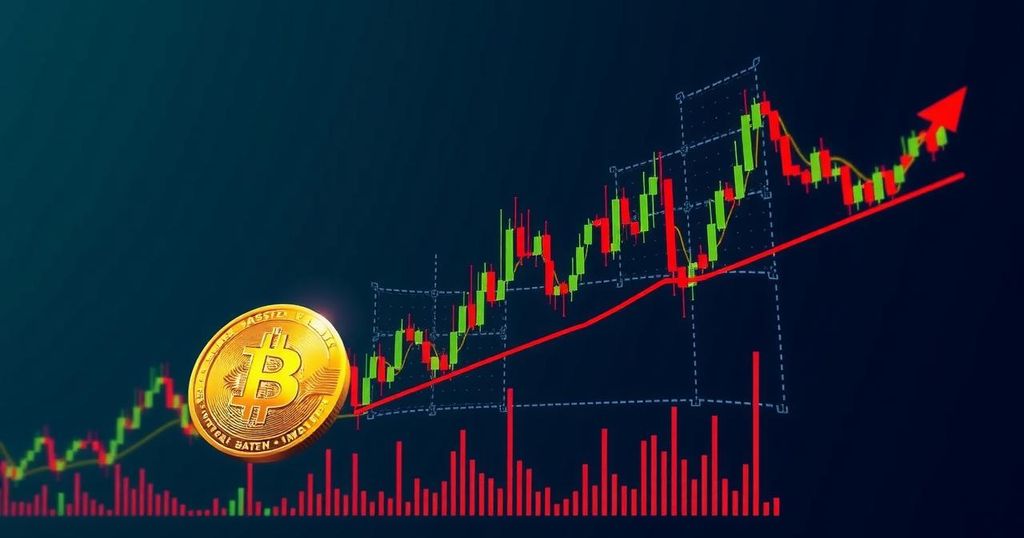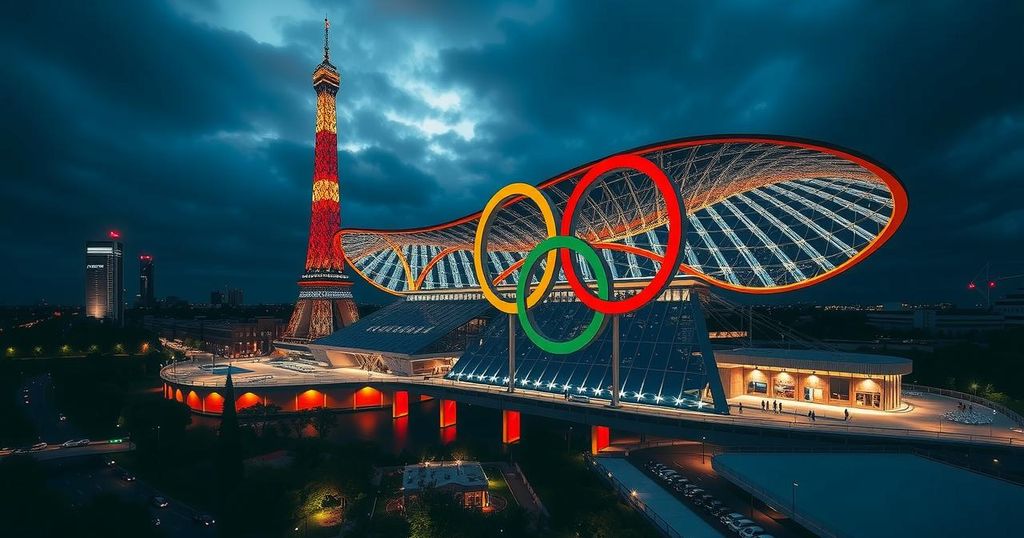Venezuela Intensifies Rhetoric Against Brazil Following BRICS Exclusion
Venezuela’s relations with Brazil are deteriorating after President Nicolas Maduro’s bid to join the BRICS coalition was blocked, allegedly by Brazil. Following a series of criticisms from Maduro’s allies toward Brazilian officials, Venezuela recalled its ambassador and reprimanded Brazil’s chargé d’affaires. BRICS member Brazil determined that Venezuela’s inclusion did not meet regional representation criteria, leading to heightened tensions and accusations of American involvement in Brazilian politics.
Relations between Venezuela and Brazil are experiencing significant strain following Venezuelan President Nicolas Maduro’s aspirations to join the BRICS coalition of emerging market nations, which were thwarted by Brazil. A notable ally of Maduro publicly criticized a senior aide of Brazilian President Luiz Inacio Lula da Silva, accusing him of advancing American interests and announcing that he would be declared persona non grata by Venezuela’s legislative body. In response, Venezuela’s foreign ministry declared the recall of its ambassador from Brazil and summoned Brazil’s chargé d’affaires for a reprimand in Caracas, as Lula’s ambassador is currently on vacation. Lula himself was unable to address the situation publicly, having missed the recent summit in Kazan, Russia, due to a head injury. His chief foreign policy advisor, Celso Amorim, asserted during a legislative session that Venezuela’s exclusion from BRICS expansion stemmed from concerns regarding the nation’s regional standing, particularly following its contentious presidential election in July. National Assembly President Jorge Rodriguez criticized Amorim, stating, “You behaved in a malicious manner, more like an interlocutor of the US government than in the role supposedly assigned by President Lula. That explains your interference in matters that only concern Venezuelans.” Amorim further explained that Brazil’s standpoint is that any potential additions to BRICS must possess international influence and represent their region effectively, criteria that Venezuela purportedly does not fulfill. Maduro, who claimed victory in a tightly contested election held on July 28, had sought participation at the BRICS summit, anticipating acceptance into the bloc alongside Latin American allies such as Cuba and Bolivia. However, upon receiving news of his exclusion, he accused Brazil of exercising a veto, despite indicating that other member states were in full support of Venezuela’s candidacy. This event has prompted escalated rhetoric from Maduro and his administration directed towards Brazilian officials, labeling Brazil’s decision as a “stab in the back.” Maduro stated on his television program, “No one shuts Venezuela up or vetoes it. I will wait for Lula to observe, be well informed and say what he has to say.” In a congressional hearing, Amorim remarked that Venezuela’s reaction to its exclusion was “totally disproportionate,” yet he refrained from commenting on the recent developments concerning diplomatic relations. Previous attempts by Lula and Colombian President Gustavo Petro to mediate with Maduro post-election have yielded no success, with Lula adopting a more critical stance towards Maduro’s suppression of dissent following electoral events. While Venezuela’s electoral authority asserts that Maduro secured a third term by a narrow margin—subsequently ratified by the Supreme Court—the opposition contests the results, alleging that their candidate amassed approximately 70% support in recorded voting stations. This candidate, Edmundo Gonzalez, has since sought refuge in Spain, while opposition leader Maria Corina Machado remains in hiding amid threats of arrest.
The resignation of Venezuela’s aspirations to join BRICS follows a common theme of regional tensions within South America amidst elections perceived as disputed. The BRICS group, which includes major emerging markets and aims to foster economic cooperation and political dialogue among its members, requires potential candidates to exhibit stable governance and international credibility. The recent election held in Venezuela has drawn scrutiny and accusations of misconduct, complicating its relationships with neighboring countries, particularly Brazil, which has taken a public stance against Maduro’s administration.
In conclusion, the rapidly deteriorating relations between Venezuela and Brazil showcase the complexities of diplomatic ties in the face of regional political controversies. Maduro’s failed attempt to join BRICS, supported by accusations against Brazilian officials, emphasizes the challenges surrounding electoral legitimacy and international relationships. As both countries navigate this upheaval, further developments will likely shape the future of their diplomatic engagements.
Original Source: www.livemint.com




Post Comment